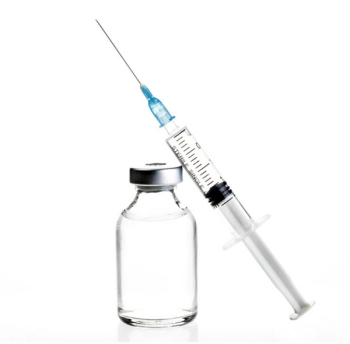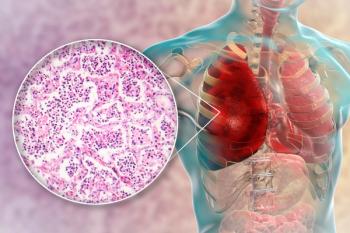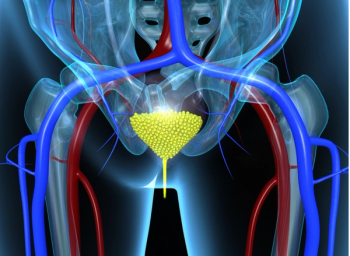
Patients administered anakinra did not meet a study’s primary endpoint of proportion of patients who did not need mechanical ventilation 15 days after starting treatment for severe COVID-19 pneumonia.

Patients administered anakinra did not meet a study’s primary endpoint of proportion of patients who did not need mechanical ventilation 15 days after starting treatment for severe COVID-19 pneumonia.

Not only are pharmacists easily accessible to the public, they are also highly visible as a source for travel immunization services.

Fomepizole, an FDA-approved drug to treat methanol poisoning, and erythromycin could offer a novel therapeutic option to fight drug-resistant S. pneumoniae.

Quantitative polymerase chain reaction methods that are validated to determine bacterial load are important for assessing the impact of vaccines in public health programs.

Rezafungin (Rezzayo; Cidara Therapeutics Inc, Melinta Therapeutics LLC) is the first new treatment option approved for individuals with candidemia and invasive candidiasis in more than a decade.

Further research is needed across countries and health systems about PCV13, according to the systematic review published in Taylor & Francis Online.

MenABCWY combination meets all 11 primary endpoints and shows that it is well tolerated, with a safety profile consistent with MenACWY (Menveo) and MenB (Bexsero).

These infections can include the central nervous system (CNS), circulation, invaded organs, lower airway, and the middle ear, with outcomes that can be permanent.

The immunological efficacy of the 13-valent conjugate pneumococcal vaccine followed by 23-valent polysaccharide vaccine has been poorly documented in adult patients with sickle cell disease.

As of November 2022, amoxicillin suspension has been on a national shortage list, therefore the FDA has permitted temporary compounding of amoxicillin suspensions.

Data from 52 studies show that antimicrobial stewardship programs largely reduced antibiotic use for pediatric care.

Although investigative team is predominantly investigating Priscilicidin for topical applications, they are not ruling out potential oral applications.

Streptolysin O appears to influence the pathogenesis of Streptococcus group A and direct mutation-mediated virulence in a host.

New guidance provides recommendations on infection prevention strategies, performance measures, and how to implement these approaches.

The vaccine has robust effects for multiple serotypes of pneumococcal disease.

IQVIA report states that appropriate reimbursement for all health care professionals who provide immunization services would encourage their ongoing provision of vaccines.

The investigators observed a 96.8% S. aureus reduction in stool and a 65.4% reduction in the nose among patients who received the probiotic.

Across all vaccines for adults, regardless of income, location, or sex, most of the administration took place in a pharmacy, report shows.

The incidence of vancomycin-resistant enterococci has nearly doubled in recent years.

Pharmacists need to ensure anticoagulants are held appropriately before and after surgery to prevent complications from for CIED infections.

MenABCWY combines components of 2 vaccines, which help protect against serogroups that cause most cases of the invasive disease.

Pharmacists play a vital role in administering these and educating patients about COVID-19, influenza, pneumococcal, and Tdap vaccinations.

Biomarkers are commonly used by physicians to assist in the earlier diagnosis of some of the most common fungal diseases.

Traditionally, endemic fungi are characterized by geographical distribution, however, disease-causing fungi may infect people beyond these havens.

Coughing is a reflex predominantly mediated by control centers in respiratory areas of the brainstem, which is modulated by the cerebral cortex.